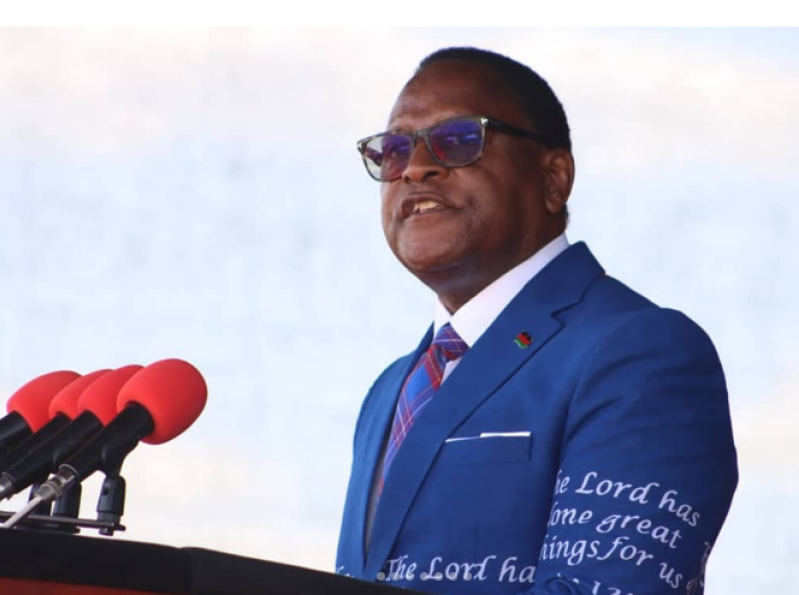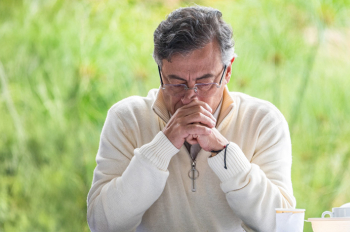
The Church of Central Africa Presbyterian (CCAP) General Assembly has urged Malawians to exercise their democratic rights and make choices that transcend tribal, regional, or religious affiliations as the south-eastern Africa country gears up for its general election on September 16, 2025.
The Assembly's pronouncements, contained in a letter sent to all the Synods mid-July, called on its members to actively become “part of the solution to the problems facing Malawi” touching on the spiritual, social-economic, governance and political role CCAP members can play.
Signed by eight executive members of the General Assembly including the Secretary General Rev. Dr. Mwawi Chilongozi, the letter reminded the members that the “Church has a responsibility to guide believers on how to conduct themselves even in political matters” urging Synod leaders to uphold the sanctity of the pulpit. The letter explicitly warned church leaders against using their platforms for partisan political gain, stressing the need for the church to maintain its spiritual authority and neutrality.
“There is a tendency to create a platform in the church where politicians are invited to compete in raising money for the church. This practice must stop,” warned the General Assembly.
The pastoral letter emphasized the need for voters to choose leaders who are genuinely committed to fulfilling their campaign promises and addressing the pressing economic challenges facing the nation.
"The church's role is not to endorse any specific political party, but to encourage a diligent and prayerful discernment process among its congregants and the wider public," clarified the top leadership of CCAP, which has historically served as an influential critical moral compass. The pastoral letters have often been instrumental in periods of significant national transition, including the push for multi-party democracy in the early 1990s.
Beyond voter conduct and the role of the clergy, the CCAP’s recommendations delved into broader issues of governance and electoral integrity. The Assembly urged the government to ensure a free, fair, and transparent election process, calling for vigilance against any attempts at manipulation or irregularities.
The advisory issued by the Assembly aligned with an earlier pastoral letter by the Malawi Conference of Catholic Bishops which urged congregants to reject corrupt leaders and pursue moral and ethical responsibility at the ballot box. The bishops provided specific electoral guidance for members, advising them to register and vote candidates that have a track record of integrity, echoing the CCAP's call for issue-based politics.
The letters from religious leaders come at a time when Malawi has faced challenges such as the El Nino induced drought in 2024 that led to food shortages and inflation, economic hardships and corruption, which President Lazarus Chakwera had promised to combat.
Chakwera faces challenges from two former presidents, 84-year-old Peter Mutharika and 74-year-old Joyce Banda, both of whom carry burdens related to past economic turmoil and corruption allegations. The current administration has faced criticism for its handling of economic and governance issues, with corruption scandals and tribalism in governance further alienating citizens.
In the face of voter apathy, fuelled by unfulfilled campaign promises and lack of ‘real’ choice among the electorate, both the Catholic Bishops and the CCAP have emphasized the importance of youth participation, recognizing their essential role in securing a better future for the nation.






